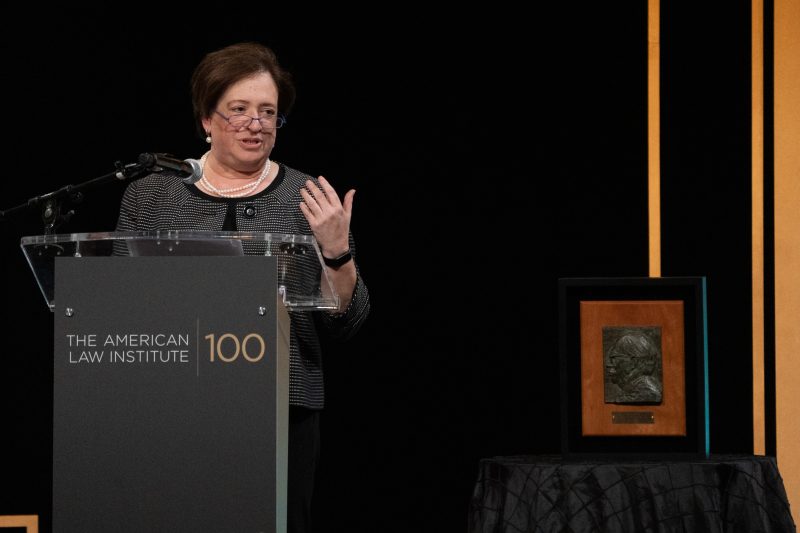In a recent statement, Supreme Court Justice Elena Kagan has brought attention to the need for a more robust system to enforce the ethical standards set forth by the Supreme Court. As one of the nine Justices tasked with upholding the highest principles of law and justice in the land, Justice Kagan’s call for accountability within the Court itself raises important questions about the integrity and credibility of the judicial system.
The Supreme Court, often referred to as the final arbiter of justice, relies on the trust and confidence of the public to maintain its legitimacy. Ethical lapses or perceived conflicts of interest among the Justices can undermine this trust and cast doubt on the impartiality of the highest court in the land. Justice Kagan’s proposal for a mechanism to enforce the Court’s own ethics code is a vital step towards ensuring that the Justices are held to the same high ethical standards that they seek to uphold in their rulings.
One key aspect of Justice Kagan’s proposal is the establishment of an independent oversight body that would be responsible for investigating and adjudicating allegations of ethical misconduct by Supreme Court Justices. This external oversight mechanism would provide a level of transparency and accountability that is essential for maintaining the public’s trust in the judicial system. By holding the Justices accountable to a set of clear ethical standards and ensuring that violations are appropriately addressed, the proposed enforcement mechanism would help to safeguard the integrity of the Court and uphold its reputation as an impartial and fair arbiter of justice.
In addition to the establishment of an oversight body, Justice Kagan’s proposal includes provisions for training and education on ethical standards for both current and incoming Supreme Court Justices. By equipping the Justices with the knowledge and tools necessary to navigate complex ethical issues, the Court can proactively address potential conflicts of interest and ensure that its decisions are made with the utmost integrity and impartiality.
Ultimately, Justice Kagan’s call for a more robust enforcement mechanism for the Supreme Court’s ethics code underscores the importance of upholding the highest ethical standards in the judiciary. By implementing measures to promote transparency, accountability, and education on ethical issues, the Court can demonstrate its commitment to fairness and impartiality, thereby strengthening public trust in the integrity of the judicial system.
